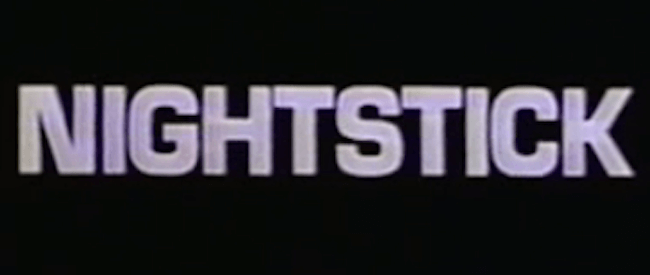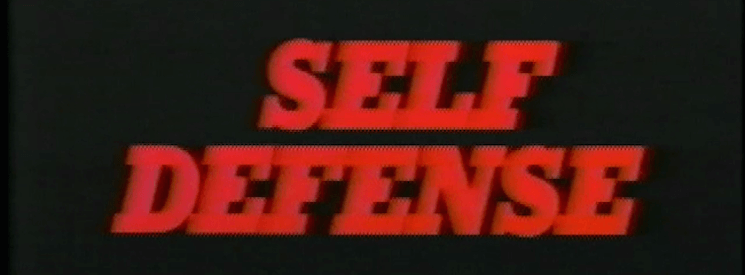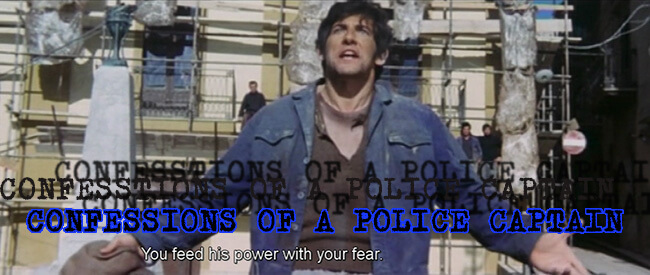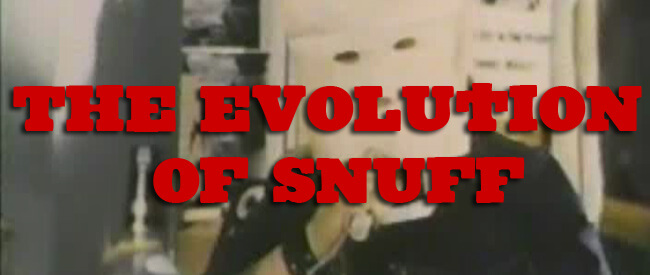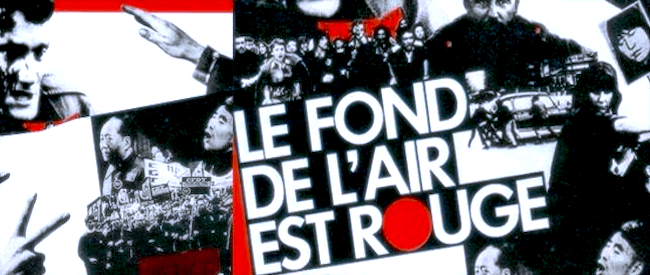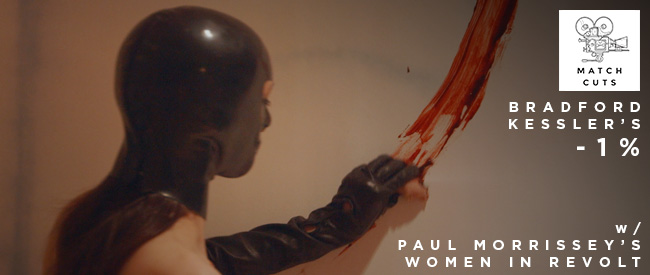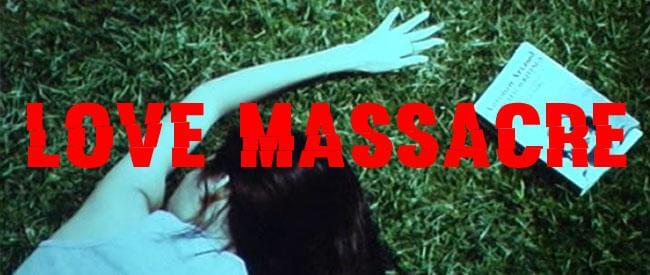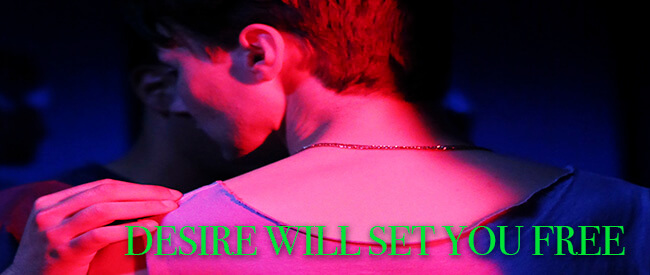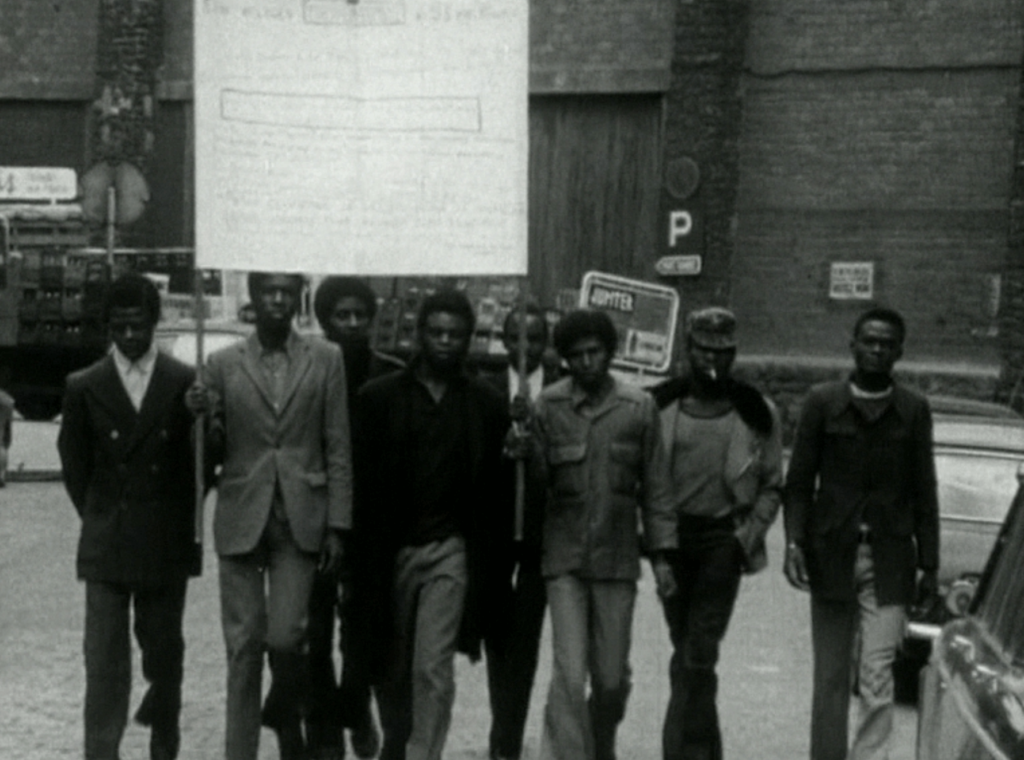
Sidney Sokhona’s NATIONALITÉ: IMMIGRÉ and SAFRANA (OR, THE RIGHT TO SPEAK) should constitute 11th-hour addendums to the canon of post-colonial Francophone cinema. Made when Sokhona was in his early 20s, recoiling from a rash of exploitations and abuses in France’s African migrant community, the films form a blistering duo: NATIONALITÉ: IMMIGRÉ dramatizes the real-life rent strike undertaken by Sokhona and his neighbors in the Rue Riquet settlement housing, a “docu-fiction” of its own community in collaboration that’s unlike anything you’ve before seen in “world cinema”.
Assuming the position of both French and African filmmaker, Sokhona published a kind of manifesto in Cahiers du Cinema entitled Notre Cinema (Our Cinema), wherein he decried the cultural feedback loop enabled by state funding (especially in postcolonial cases), the incessant use of African landscapes as backdrops for tawdry Western melodramas, and the pigeonholing of black movies in festival programming – citing that the 1976 Cannes Film Festival included CAR WASH in its main slate, but consigned Ousmane Sembene’s CEDDO to competition in Directors’ Fortnight. If SAFRANA closes on an impossibly optimistic note for Sokhona (as the audience has, over the too-brief course of two movies, come to understand him), it reveals itself in hindsight as a byproduct of the French example, wherein the the organizing onscreen bears a utopian fruit that’s nevertheless untrustworthy. (Sokhona alleges that audiences were far more skeptical about the immigrants’ warm countryside reception in discussions following screenings in Paris.) What’s universalized in the humiliations of NATIONALITÉ: IMMIGRÉ remains – or as Sokhona put it to Cahiers, “Immigration has not only served to alienate us but also to teach us to be ashamed of what we were before. Any immigrant with a conscience realizes he has as much to claim on the workers’ side as the farmers’, today.”
A consortium of West African immigrants would band together in Paris to form the Cultural Association of African Workers in France (ACTAF), an organization in solidarity with liberation struggles in former Portuguese colonies. ACTAF would become the Somankidi collective, making a healthier living off the farming practices depicted in SAFRANA – making it a sequel both political and socioeconomic to Sokhona’s first film. The laborers relocated to the Senegal river, where they remain today; founding member (and SAFRANA star/participant) Bouba Touré would later tell multidisciplinary artist Raphaël Grisey that Somankidi Coura was founded “because we didn’t want our brothers, our cousins, to come sell their labor in France.” To see 8mm images from the cooperative’s founding – vibrant young African men in snappy duds, at once relaxing and working together on a shared cane harvest – is to reckon with their post-postcolonial power. Grisey’s split panel documentary COOPERATIVE observes the ongoing collective in juxtaposition with the village’s Parisian roots of origin, whereas BOUBA TOURE, 58 RUE TROUSSEAU, 75011 PARIS FRANCE allows its namesake to contextualize the political struggles of the time (including a tacit, unignorable Pan-Africanism) while surveying the walls of his apartment in Paris.
As the Somankidi Coura celebrated its 40th anniversary this past January (complete with an exhibition of Bouba Touré’s photographs), Spectacle is thrilled to present these rare and invaluable films in their first-ever New York City screenings.
This series is made possible solely thanks to the collaboration of Raphaël Grisey, Tobias Hering of Kino Arsenal, Cinémathèque Afrique/Institut Français, and Amélie Garin-Davet of the Cultural Services of the French Embassy.
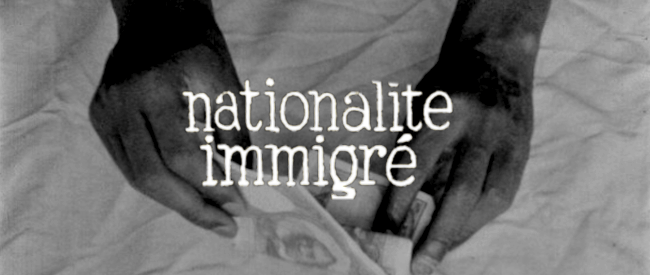 NATIONALITÉ: IMMIGRÉ
NATIONALITÉ: IMMIGRÉ
(Nationality: Immigrant)
Dir. Sidney Sokhona, 1975
France. 70 mins.
In French with English subtitles.
OFFICIAL SELECTION – 1976 CANNES FILM FESTIVAL
THURSDAY, FEBRUARY 9 – 7:30 PM
SUNDAY, FEBRUARY 12 – 5 PM
FRIDAY, FEBRUARY 17 – 7:30 PM
WEDNESDAY, FEBRUARY 22 – 10 PM
GET YOUR TICKETS!
One could hardly be blamed for interpreting NATIONALITÉ: IMMIGRÉ as an endless litany of dehumanizing bureaucratic obstacle courses – as Serge Daney pointed out in his review “On Paper”, the film juts uncomfortably against the militant Left’s emphasis on using rupture theory to delegitimize the legal process, a high-minded option unavailable to immigrants like those depicted here. Sokhona took to filming after the Aubervilliers scandal of January 1970 – when five African migrants died in an overcrowded shelter on the periphery of Paris due to asphyxiation – prompting then-Prime Minister Jacques Chaban-Delmas to declare an end of these settlements, sometimes nicknamed bidonvilles or caves, by 1973. The filmmaker wasn’t so optimistic – but then, what NATIONALITÉ: IMMIGRÉ does offer is a rare glimpse at community organizing coming into praxis on both sides of the camera, with many of Sokhona’s neighbors playing themselves. (Sokhona financed the film in piecemeal fashion once scene at a time while working as a telephone operator.) While the thrust of NATIONALITÉ: IMMIGRÉ is unabashedly polemical, the loose narrative structure allows Sokhona to pursue fascinating side-stories and political tangents, at times dipping from what appears to be pure verite into a purely Brechtian exercise wherein immigrants are handed jobs in the form of huge placards, which they must carry around their necks, denoting their net worth to society in material terms.
In Cahiers, Sokhona would elaborate to Daney and Jean-Pierre Oudart that “I was not sure that he who had loved NATIONALITÉ: IMMIGRÉ would like it – which does not mean that no one can love both. SAFRANA is, for me, the continuation of N:I. At the time it was done, compared to the reality of that time, there were a number of plans in the construction of the film itself on which we had to pass. For the first time, perhaps, people saw things they had never seen – so their membership was much simpler. I think people also ask: should a film about immigration be cinema? N.I. was in black and white, there was a certain desired poverty – it’s unthinkable to film an immigrant’s home in color…. People will go see a movie; of course they will see a subject, but it must be possible to express it in a very simple way. I think a political film – or engagé – can use other weapons, and touch a large number of people taking account of the movies.”
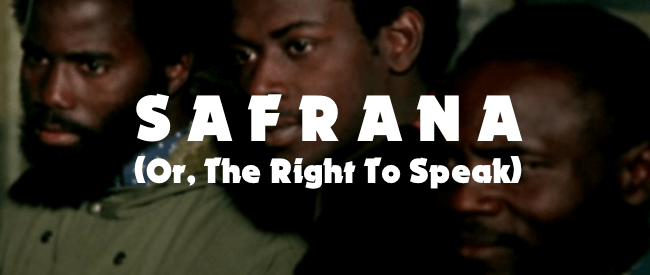
SAFRANA
(Safrana, Or, The Right To Speak)
Dir. Sidney Sokhona, 1976
France. 98 mins.
In French with English subtitles.
THURSDAY, FEBRUARY 2 – 7:30 PM
SATURDAY, FEBRUARY 4 – 5 PM
TUESDAY, FEBRUARY 7 – 10 PM
MONDAY, FEBRUARY 27 – 7:30 PM
GET YOUR TICKETS!
Like Med Hondo’s SOLEIL O. and Jean Rouch’s PETIT A PETIT, Sidney Sokhona’s SAFRANA (OR, THE RIGHT TO SPEAK) is both a satire of transition after French colonialism and a look at the alienation felt by African migrant communities in nations of their former colonizers. Operating as a reverse ethnography, these films took field notes on European social norms and put their notion of what is standard into question. Alternating between observational comedy and instructional political tract, SAFRANA starts with a quote by Mao about intuitive approaches to figuring out what’s useful for one’s own country in the operations of another, and ends with a documentary on farming techniques for agrarian socialism. A road trip, punctuated by acidic flashback vignettes, gets us from A to B by sketching a former colonizer with less to offer the formerly colonized than vice versa.
The film is built around Somankidi Coura, with its ex-factory workers turned farmers playing fictionalized versions of themselves, along with photographer/activist Bouba Touré. With a number of pointed gags, Sokhona charts the various disenchantments of the workers on their exploratory stay in France meant to pick up useful techniques for their home country – from tertiary status at a factory to secondary status in a union; or the casual racism of a couple that won’t let an African garbageman pick up their dog from a trash can to another that wants to bring home a foreigner for kinks. By the time they end up at the farm, we’re as ready for the possible solutions explored in the climax as they are.
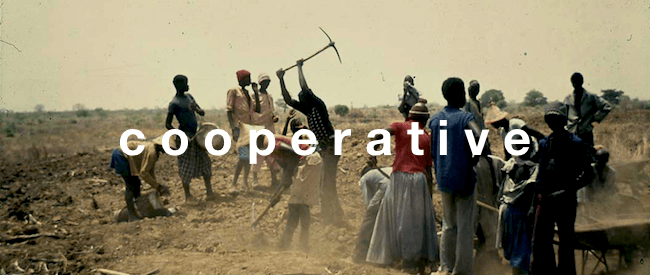
COOPERATIVE
Dir. Raphaël Grisey, 2008
France. 59 mins.
In French with English subtitles.
BOUBA TOURE, 58 RUE TROUSSEAU, 75011 PARIS, FRANCE
Dir. Bouba Touré, 2008
France. 28 mins.
In French with English subtitles.
SUNDAY, FEBRUARY 5 – 7:30 PM
TUESDAY, FEBRUARY 21 – 10 PM
TUESDAY, FEBRUARY 28 – 5 PM
GET YOUR TICKETS!
COOPERATIVE refers to the agricultural cooperative in Mali founded in 1976 by former African immigrant workers who lived through the politics of 1968 in France. The juxtaposition of different spaces (the village, the fields, the Senegalese city of Kayes, the colonial ruins of the Samé Plantation, the flat of Bouba Touré, Parisian streets with demonstrations of Sans-Papiers, etc) reformulates the context of creation of the community, as well as its daily life and its mode of production. Inevitably, Grisey’s title also refers to a mode of cooperation in the filmmaking process.
BOUBA TOURE, 58 RUE TROUSSEAU, 75011 PARIS FRANCE was shot in its namesake’s home, featuring many photographs, posters and keepsakes. Shot in two takes, the video is led by the images on the wall, while Touré links many political struggles of the last 50 years with his own life.
Bouba Touré began working in the building sector and the car industry in 1963, when he arrived in France from Mali. He later studied photography and film projection at the free university of Vincennes in 1968 and 1969. In addition to starring in SAFRANA, he served 35 years as projectionist for the arthouse cinema L´entrepôt in Paris, and co-founded the agricultural cooperative of Somankidi Coura in 1976 with West African militant migrant workers. His photographic, video and archive works as well as his writings (a book titled Notre case est à St Denis 93, published in 2015) relate to social and political struggles of the migrant workers in France.
Raphaël Grisey’s video, editorial and photographic work examines various places which are interconnected by collective memories. The photographic series and book Where is Rosa L. (2001-2006) studied the traces or ghosts of various political regimes in Berliner public spaces. Using diverse documentary, fictional or essayist forms, Grisey’s work also deals with social and political issues of the day, such as immigration and post-colonial issues in France and West Africa (Trappes, Ville Nouvelle, 2003; Cooperative, 2008; Becoming Cooperative Archive 2015-present). Recent films lead him to work in Budapest (National Motives, 2011), in French students´ strikes situations (The Indians, 2011), in China (The Exchange of Perspectives, 2011), in Brazil around the social housing complex Pedregulho (Minhocão 2011), the history of the Brazilian Positivist Church (Amor e Progresso 2014) or around Quilombola communities (Remanescentes 2015; A Mina dos Vagalumes). His work includes also collaboration projects such as the films Prvi Deo and Red Star (2006) with Florence Lazar and the projects Cooperative (2008) and Becoming Cooperative Archive (2015- ongoing) with Bouba Touré.
Sidney Sokhona was born in Tachott, Mauritania, in 1952. He worked in Paris as a day-laborer, sending remittances home to his village before enrolling in film classes at the University of Vincennes. After making SAFRANA he returned to his home country to shoot newsreel and documentary footage, but never made another feature. As of this writing, he works as a diplomat for the government of Mauritania.
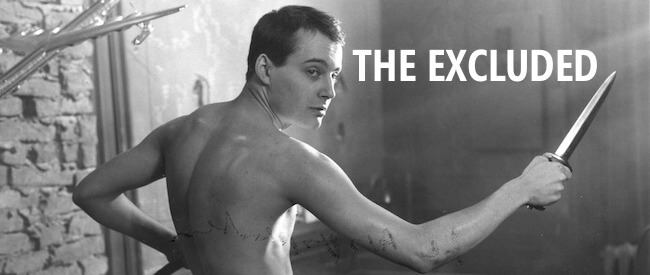
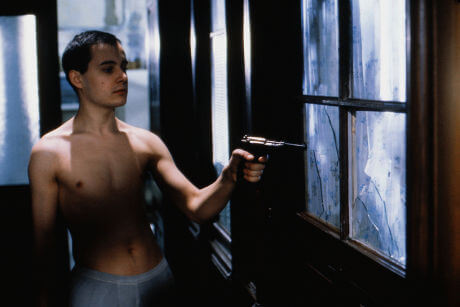
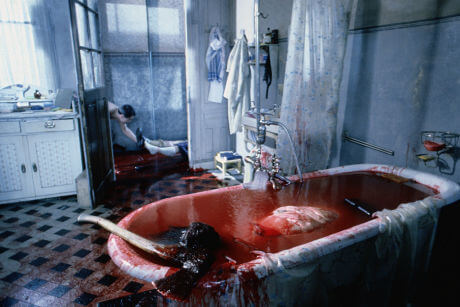
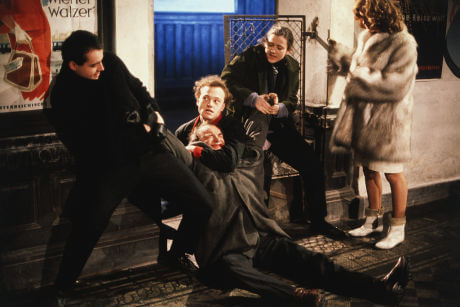
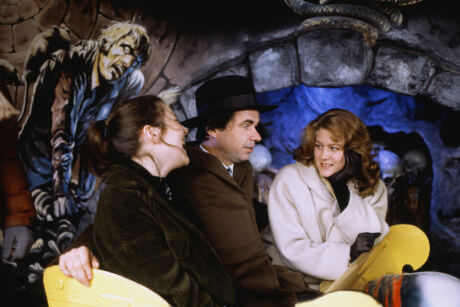

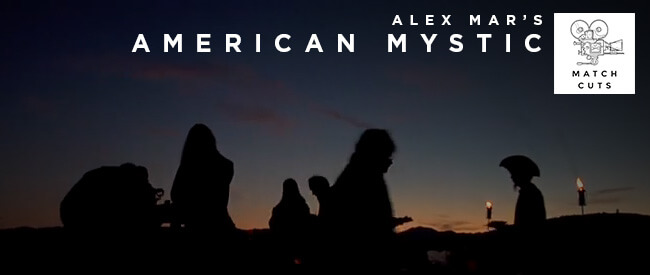 AMERICAN MYSTIC
AMERICAN MYSTIC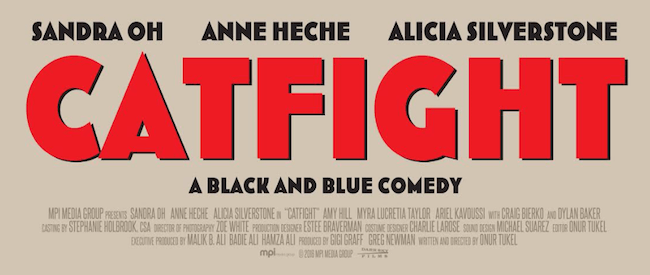 CATFIGHT
CATFIGHT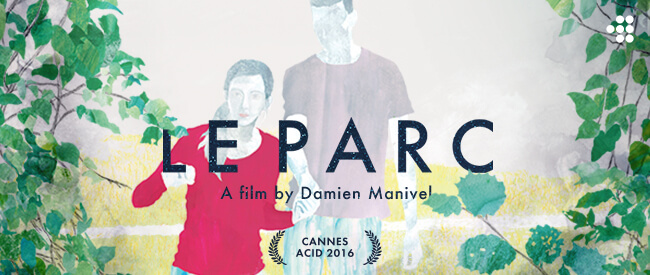
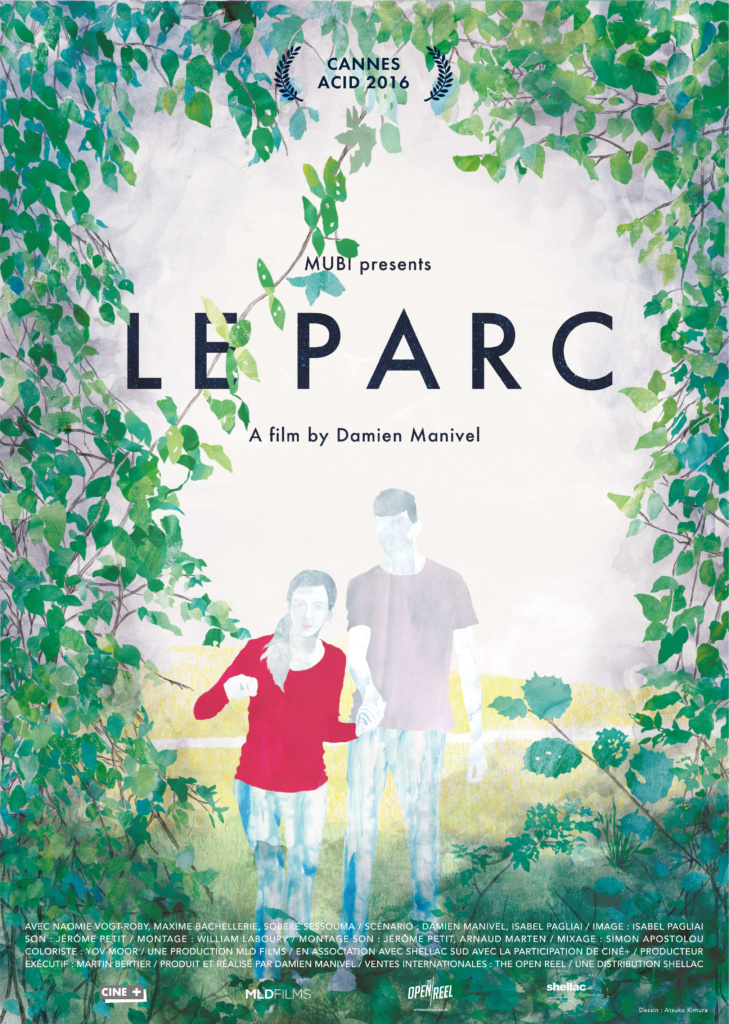

 NATIONALITÉ: IMMIGRÉ
NATIONALITÉ: IMMIGRÉ

